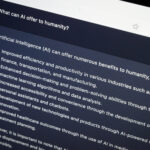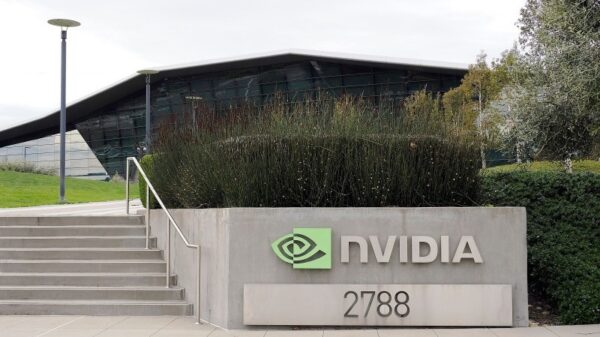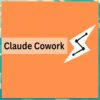Claude’s Use Case Collection: Practical Applications of Generative AI
For those seeking tangible applications of generative AI, **Claude** has introduced a comprehensive use case library on its website. This resource offers a structured overview of specific tasks where Claude’s capabilities can be effectively utilized, covering a wide range from contract analysis to trip planning and job interview preparation.
The use cases are categorized into three main areas: **Education**, **Personal**, and **Professional**. Each category provides links to step-by-step instructions that guide users through the process of leveraging Claude for various tasks. This organization not only facilitates easy navigation but also allows users to pinpoint relevant tools for their specific needs.
A look at Claude’s use-case library, which spans education, personal projects, legal work, and professional tasks. | Image: Anthropic
While the prompts provided in this collection tend to be quite generic, they serve as a valuable starting point for users. Often, the biggest challenge is simply having the initial idea, and these prompts can inspire users to adapt and refine them according to their own projects. The use case library thus acts as a springboard for creativity, encouraging users to explore the potential of AI in their specific contexts.
Empowering Users with Generative AI
The launch of this use case collection reflects a growing trend in the generative AI sector: a focus on user empowerment. By offering practical examples and clear instructions, Claude aims to demystify AI technology and make it accessible to a broader audience. This approach aligns with the ongoing efforts of many AI companies to foster a more inclusive environment where users can effectively leverage AI tools without needing extensive technical knowledge.
Moreover, the categorization of tasks into **Education**, **Personal**, and **Professional** highlights the versatility of generative AI. In the educational domain, for instance, Claude can assist students in brainstorming ideas or summarizing complex texts. In personal settings, users might utilize Claude for organizing travel itineraries or managing daily tasks, while professionals can benefit from enhanced productivity through streamlined processes such as contract creation or interview preparation.
The Future of AI Use Cases
As generative AI continues to evolve, the potential applications are virtually limitless. The foundational work that companies like **Anthropic** are doing with Claude sets the stage for further innovation and development in the field. Comprehensive resources such as the use case library not only provide immediate assistance but also encourage users to think critically about how they can integrate AI into their daily routines.
The ability to adapt generic prompts to specific scenarios is crucial, and as the AI landscape matures, we can anticipate even more tailored solutions and use cases. This ongoing evolution will likely lead to a richer understanding of how generative AI can enhance productivity across various sectors.
In conclusion, Claude’s gathering of use cases offers a valuable tool for anyone looking to engage with generative AI. By simplifying the process and providing a wide array of examples, it empowers users to harness the capabilities of AI effectively, fostering a culture of innovation and creativity in the technology landscape.
See also Nokia Invests $4 Billion in U.S. to Propel AI-Driven Network Technologies and Innovation
Nokia Invests $4 Billion in U.S. to Propel AI-Driven Network Technologies and Innovation OpenAI Launches Nano Banana Pro with 2K and 4K Resolution for Enhanced Ad Creation
OpenAI Launches Nano Banana Pro with 2K and 4K Resolution for Enhanced Ad Creation Alphabet Stock Surges 2.1% to $290.25 on Major AI Advancements, Boosting Investor Confidence
Alphabet Stock Surges 2.1% to $290.25 on Major AI Advancements, Boosting Investor Confidence Perplexity Launches AI-Powered Comet Browser for Android with Voice Interaction and Summarization Features
Perplexity Launches AI-Powered Comet Browser for Android with Voice Interaction and Summarization Features Trump’s Push to Ban State AI Laws Sparks Outcry Over Child Safety Protections
Trump’s Push to Ban State AI Laws Sparks Outcry Over Child Safety Protections


































































